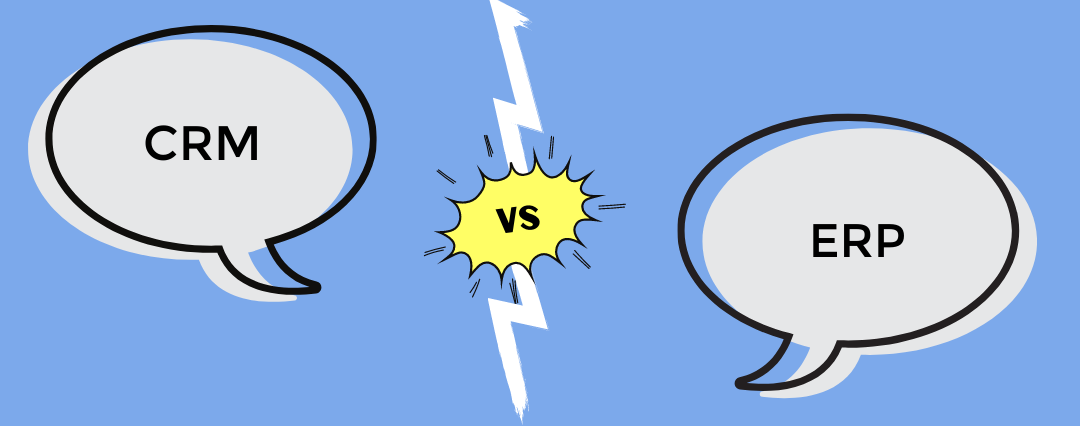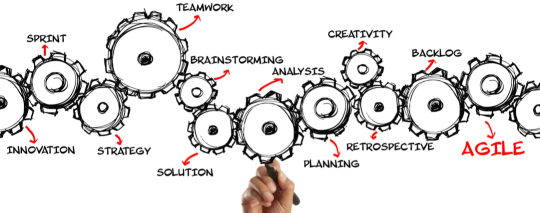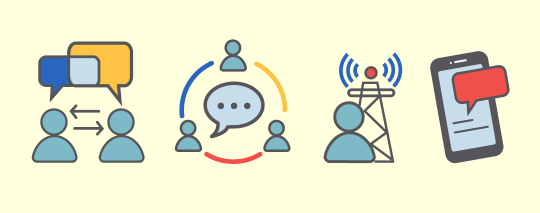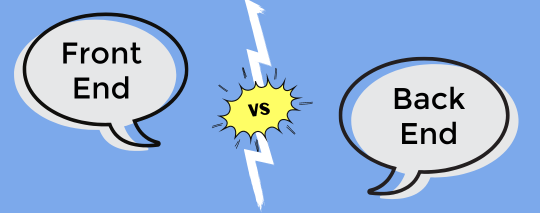Two acronyms that are heard a lot in the tech world are CRM and ERP. Although they are often seen as competing types of automated business solutions, they both serve their own purpose. They can complement each other when it comes to running a business efficiently. In fact, many companies integrate both. CRM and ERP help organizations make better decisions to drive their profitability but do so in different ways. Let’s explore the differences.
Increase sales by managing the customer journey
Customer Relationship Management (CRM) solutions are designed to manage how a customer interacts with a business. Although CRM was initially created for sales departments, vendors began adding other features to assist customer service and marketing teams. Now, CRM synchronizes interaction data between all three. CRM systems store current customer and prospect information, making it easy to evaluate and track the customer journey.
Armed with these helpful analytics, businesses can pinpoint their best course of action to consistently connect with prospects, provide reliable service, and create a positive experience as they turn into loyal customers. A quality plan can result in:
- Increased sales
- Improved customer relationships
- Boosted acquisition and retention
- Long-term revenue
Streamline processes by evaluating the big picture
Taking business management further, Enterprise Resource Planning (ERP) systems are designed to manage all aspects of an organization with the goal of streamlining processes, reducing costs, and increasing visibility. ERP serves as a shared database for daily operations that keep businesses running, including but not limited to:
- Finances (such as accounting and payroll)
- Procurement
- Project management
- Inventory
- Compliance
As mentioned earlier, some ERP suites include CRM, human resources management systems (HRMS), and enterprise performance management, which help plan, budget, and predict financials. By integrating business processes, ERP gives users the grand scope of data across their organization while eliminating data duplication. This allows businesses to effectively evaluate their strengths and weaknesses across departments and, as a result, improve their strategies.
Choosing the best solution for your business
Both CRM and ERP systems offer tools to help businesses increase their profitability in the long run. CRM focuses on customer relationships and boosting sales, while ERP looks at every aspect of the organization to improve day-to-day processes and reduce costs.
When it comes to picking one or the other, businesses should assess their specific needs. Small- to mid-size businesses with a significant opportunity to grow may prefer a CRM. Large organizations that manage multiple locations or departments likely have more room in their budget to make a considerable investment and find an ERP (or an integration of both) more beneficial.





